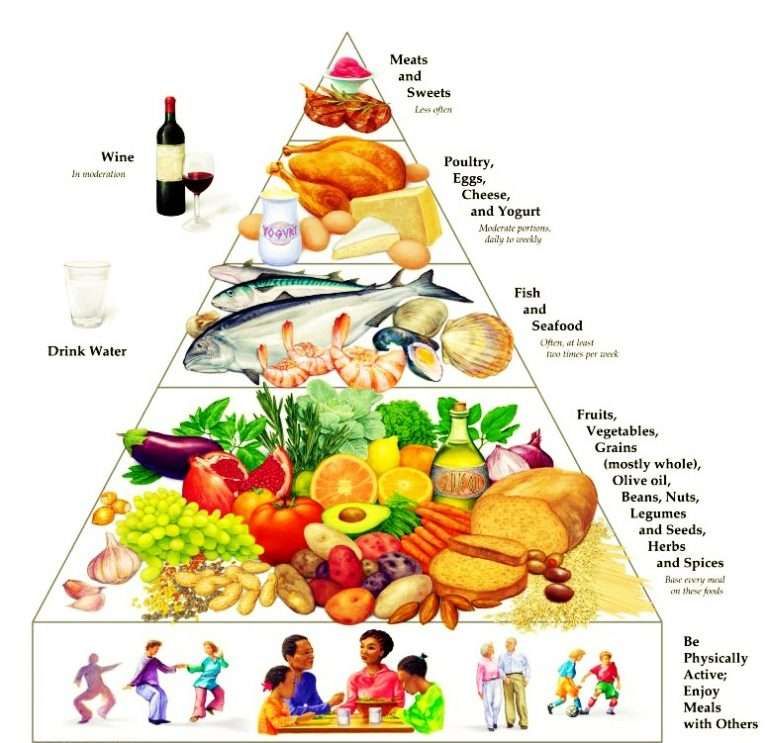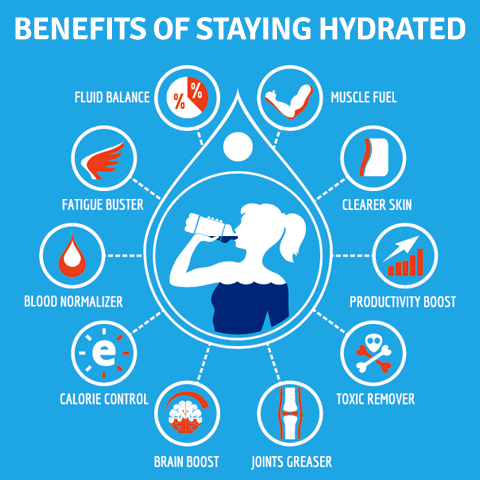The Paleo diet, also known as the Paleolithic diet, is a popular approach to nutrition that focuses on consuming foods that our ancestors used to eat during the Stone Age. It is based on the belief that our bodies are best suited to the types of foods that were available to our ancestors, such as meat, fish, fruits, vegetables, nuts, and seeds.
In this article, we will explore the main principles of the Paleo diet and discuss its potential benefits and drawbacks.
The Principles of the Paleo Diet
The Paleo diet is centered around the consumption of whole, unprocessed foods that were readily available to our ancestors. It avoids modern processed foods, grains, legumes, and dairy products, as these foods were not part of the diet during the Paleolithic era.
Here are the key principles of the Paleo diet:
1. Emphasis on Whole Foods
The Paleo diet encourages the consumption of whole, nutrient-dense foods. This includes lean meats, fish, fruits, vegetables, nuts, and seeds. These foods provide a wide array of vitamins, minerals, and antioxidants to support overall health.
2. Elimination of Processed Foods
The Paleo diet eliminates processed foods, including refined sugars, oils, and grains. These types of foods are often high in empty calories, additives, and preservatives, which can have negative effects on health.
3. No Grains or Legumes
Grains and legumes, such as wheat, rice, oats, beans, and lentils, are not allowed on the Paleo diet. Proponents of the diet argue that these foods can cause inflammation and digestive issues in some individuals.
4. Exclusion of Dairy Products
Dairy products, including milk, cheese, and yogurt, are typically excluded from the Paleo diet. This is because lactose intolerance was common among our ancestors, and humans are the only species that continue to consume milk after infancy.
5. Limited Salt and Added Sugar
The Paleo diet aims to reduce sodium intake from salt and limit added sugars. Excessive salt consumption has been linked to high blood pressure, while added sugars can contribute to weight gain and various health problems.
Potential Benefits of the Paleo Diet
The Paleo diet has gained popularity due to its potential health benefits. Although further research is needed, some studies suggest that following a Paleo-style diet may have the following advantages:
1. Weight Loss
A Paleo diet rich in whole foods and low in processed options can lead to weight loss. This is attributed to the increased intake of proteins and fibers, which help reduce appetite and increase satiety.
2. Improved Blood Glucose Control
Research has shown that the Paleo diet may lead to better blood sugar control, potentially benefiting individuals with type 2 diabetes or prediabetes. This is primarily due to the elimination of refined sugars and processed carbohydrates.
3. Reduced Inflammation
The anti-inflammatory properties of the Paleo diet may help reduce chronic inflammation in the body. Inflammation is a contributing factor to various chronic diseases, including heart disease and certain autoimmune conditions.
4. Increased Nutrient Intake
By focusing on whole, nutrient-dense foods, the Paleo diet can provide individuals with a higher intake of vitamins, minerals, and antioxidants. This can contribute to overall better health and well-being.
Drawbacks and Considerations
While the Paleo diet has its benefits, there are also some drawbacks and considerations to keep in mind:
1. Nutritional Imbalance
Eliminating entire food groups like grains and legumes can lead to nutritional imbalances if not properly planned. It is important to ensure an adequate intake of essential nutrients like fiber, calcium, and vitamin D through alternative sources.
2. Limited Food Choices
The restrictions of the Paleo diet may result in a limited variety of food choices, making it challenging for some individuals, especially vegetarians or vegans, to follow the diet long-term.
3. Cost and Accessibility
Following a Paleo diet may be more expensive and less accessible for those on a tight budget or living in areas where certain foods are not readily available.
4. Lack of Scientific Consensus
While some studies suggest potential benefits of the Paleo diet, more research is needed to draw definitive conclusions. The diet is not universally endorsed by healthcare professionals or scientific organizations.
Conclusion
The Paleo diet is a nutrition approach that mimics the eating habits of our ancient ancestors. While it emphasizes whole foods and avoids processed options, it also comes with limitations and considerations. As with any diet, it is essential to customize it based on individual needs, preferences, and health goals. Consulting with a healthcare professional or registered dietitian is advisable before making major changes to your diet.









